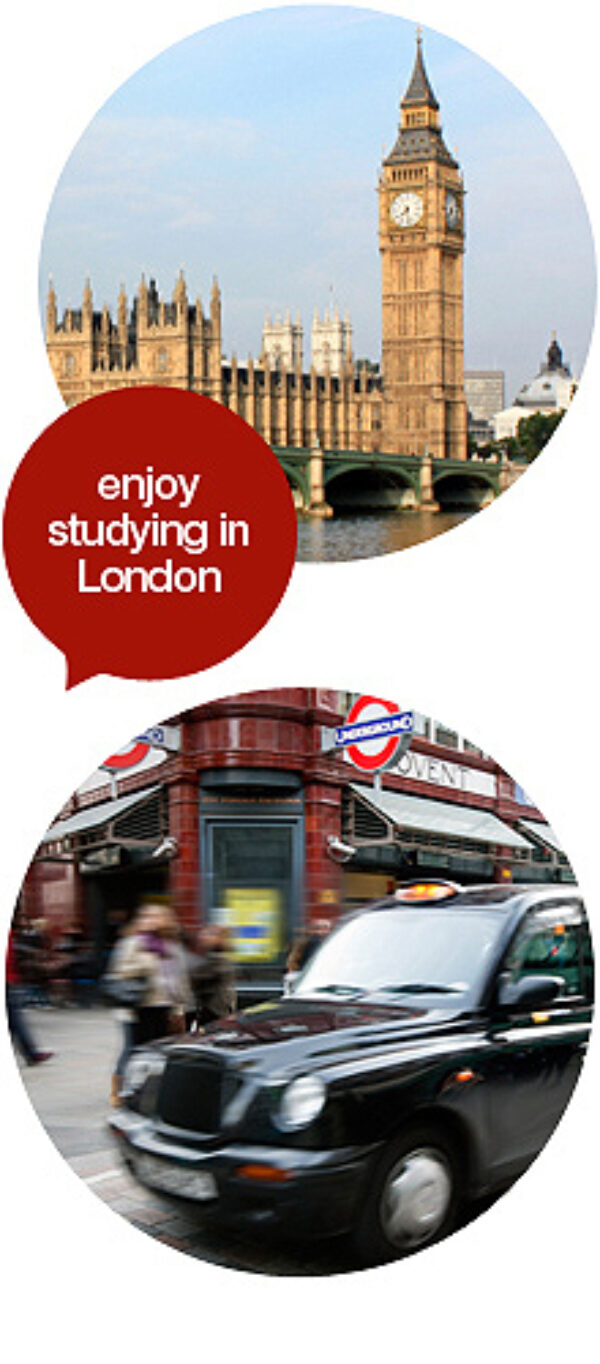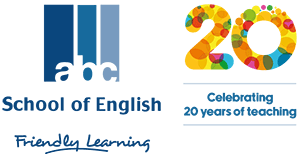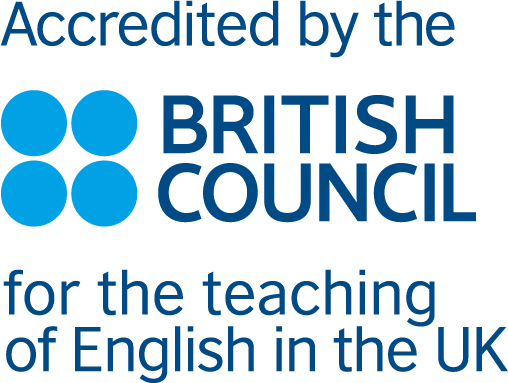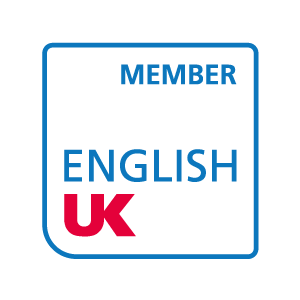
Life in London
We understand that coming to London is a very big decision to make, and we do our best to ensure that you feel comfortable whilst studying with us. We offer support in all areas including your progress, accommodation, life in London as well as any other issues you may have.
The British Council has produced the following brochure for your information:
- Safety First - providing advice to students about safety when travelling and living away from home.
Cost of Living
The cost of living in London can vary depending on your budget. Please see below some sample prices which are given as a rough guide and might be of interest to you:
General Expenses
| General Expenses | |
|---|---|
| Accommodation | £250 to £500 per week |
| Travel | £37 (zones 1–2) |
| Food | £40 to £50 per week |
| Dinner in a restaurant | £25 to £60 |
| Lunch | £6 to £12 |
| Cup of coffee | £3 to £4 |
| Soft drinks | £1 to £3 |
| Pint of beer | £4 - £5 |
| Glass of wine | £6 - £10 |
Entertainment
| Entertainment | |
|---|---|
| Cinema ticket | £10 - £20 |
| Theatre ticket | £40 - £100 |
| Nightclubs | £5 to £25 |
| Museums | Free |
| Exhibitions / galleries | £10 - £15 |
Travel in London – 30% student discount
Oyster is the cheapest way of travelling in London. Oyster is a plastic smartcard you can use instead of paper tickets. You can put travelcards, bus and tram passes and pay as you go credit on it, which you use up as you travel.
30% discount applies to students enrolling on courses of a minimum 14 weeks/15 lessons per week. Please come to the reception for more information.
Pay as you go has several advantages over paper tickets:
- Oyster single fares are generally cheaper
- Credit can be used as you need it and does not expire
- Daily price capping automatically calculates the cheapest fare for all the journeys you make in a single day.
For full information about travelling in London please visit: www.tfl
The Weather
The weather in London, like the rest of the UK, is unpredictable and it is always useful to carry an umbrella in your bag.
In autumn it will probably be cool (12 -15 degrees C). From November until about December the weather will be cooler with daytime temperatures around 8 -10 degrees. January and February are generally quite cold with daytime temperatures just a little over 0 degrees. It may occasionally snow in London in the winter.
Spring arrives in March/April when temperatures warm up a little and are similar to those in autumn. From June to August it can be very warm with temperatures around the mid to high 20’s. It can however, still rain even in summer – so remember your umbrella!
Safety on the streets
Generally speaking, it is safe to walk on the streets in London, although you should avoid walking alone at night and use your common sense wherever you are.
If you are returning home late at night use busy well lit roads and avoid putting yourself at risk by taking short cuts through parks or dark alleyways.
Never carry large amounts of cash with you when you are out.
Always carry enough change to make a phone call, or get a taxi should you need to get one.
Be alert and brief when using a mobile phone and try to conceal it.
Taxis and minicabs
There will probably be times when you need to take a taxi or a minicab; however you need to be aware of some basic safety guidelines.
Be aware that some minicabs that stop in the street, or wait around outside pubs and nightclubs may be cheaper, but are not licensed or insured and are therefore dangerous and illegal. NEVER take an unlicensed taxi or minicab. Either stop a ‘black’ cab by waving your arm, or arrange a minicab by telephone.
‘Black’ cabs charge on a time basis and can be expensive if the trip takes a long time. Minicabs charge according to distance and you should be able to agree a price before your journey.
It is quite acceptable to chat with the driver, but do not give away personal information.
If you want to, you can ask your taxi or minicab driver to wait until you have entered your house safely before he or she drives away.




